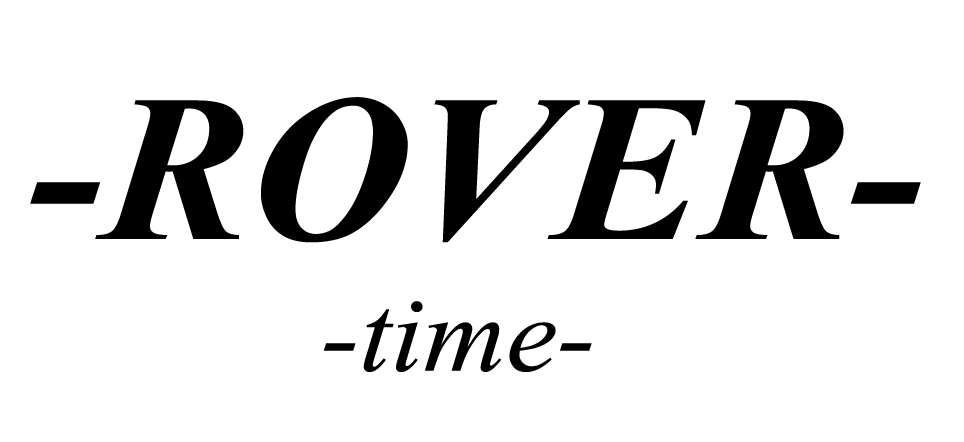The Psychology of Playing Balloon
The Psychology of Playing Balloon
The allure of the casino, particularly slot machines, isn’t just about the promise of riches; it’s a deeply rooted psychological phenomenon. It’s a complex dance of reward systems, emotional triggers, and cognitive biases that can lead to predictable – and often devastating – patterns of behavior. Understanding this psychology Balloon – the ‘Balloon Effect’ – offers a fascinating glimpse into why gambling, and slot machines in particular, consistently capture our attention and, frequently, our losses. It’s not simply about luck; it’s about how our brains interpret probabilities and what we’re seeking within a complex, risky situation.
The Core Mechanisms: Why We Play
At its most fundamental level, gambling operates on a neurological level. The dopamine rush experienced during a significant win, a combination of excitement and potential reward, triggers the release of dopamine, a neurotransmitter associated with pleasure and motivation. This initial surge creates a positive feedback loop – the ‘high’ intensifies the desire for more, leading to continued play. This is a crucial point; it’s not merely a matter of chance; it’s a physiological response driven by reward anticipation.
However, the ‘Balloon Effect’ goes beyond this basic dopamine loop. It’s a potent example of confirmation bias and the tendency to seek out patterns, even when those patterns are statistically improbable. Our brains are wired to look for connections, to reinforce what we already believe. Slot machines, with their seemingly random sequences of symbols and payouts, become profoundly appealing because they offer the illusion of control within a highly uncertain environment. We’re constantly trying to ‘win’ a game, even though the odds are always stacked against us. This constant striving for a ‘positive’ outcome fuels the desire to continue, despite the accumulating losses.
Furthermore, our brains are wired for comparison. We’re inherently social creatures, and gambling often taps into a desire to compare ourselves to others. The feeling of ‘winning’ versus ‘losing’ is intensely personal and, often, intensely social. A small, seemingly insignificant win can feel monumental, while a significant loss can trigger a significant emotional response – a wave of anxiety or disappointment – that leads to an increased urge to play. This comparison effect isn’t about objective skill; it’s about projecting our own desires and anxieties onto the game.
The Role of Cognitive Biases: Framing, Anchoring, and Availability Heuristic
Several cognitive biases significantly contribute to the ‘Balloon Effect’ and reinforce gambling behavior. These biases highlight how our brains process information and make decisions, often unconsciously.
- Framing Effect: Casinos heavily frame winning as ‘lucky’ and losing as ‘unlucky.’ The psychological impact of framing significantly alters how individuals perceive outcomes. “This time, you’ve been lucky!” is more appealing than “This time, you’ve lost.” This framing effect makes the possibility of a positive outcome more attractive, even though the probabilities remain unfavorable.
- Anchoring Bias: The initial amount of money a player puts into the game – often a seemingly small initial bet – acts as an ‘anchor.’ This anchor subtly influences subsequent decisions. Players are more likely to increase their bets to ‘offset’ the initial amount, regardless of their true risk tolerance. This creates a self-fulfilling prophecy, driving long-term losses.
- Availability Heuristic: We tend to overestimate the likelihood of events that are easily recalled. Recent experiences – the thrill of a particularly large win – are vividly stored in our memory, making us believe a game is more likely to pay out than it actually is. This heightened expectation increases the likelihood of taking risks, even when those risks are statistically unlikely. The image of a large win reinforces the belief that the game is worthwhile.
The Impact of Procedural Rewards and Habit
Beyond the purely neurological, the ‘Balloon Effect’ is heavily influenced by habit formation. Slot machines are meticulously designed to trigger a predictable reward system – a randomized sequence of symbols that provides a fleeting sense of excitement. The consistent, albeit random, pattern of the game reinforces an expectation that a win is almost guaranteed. Over time, this pattern becomes deeply ingrained, leading to a reliance on the machine’s output.
The act of playing becomes a form of self-reward. It’s not about the game itself, but the feeling of winning, which is linked to a highly rewarding neurological response. This creates a powerful habit loop, where the anticipation of a potential reward becomes so ingrained that it overrides rational decision-making. We’re essentially playing a game of self-soothing, seeking momentary pleasure and avoiding the discomfort of potential losses.
Mitigation and Understanding: A More Measured Approach
Recognizing the psychological principles at play is the first step towards managing the ‘Balloon Effect’. Understanding that our brains are wired to seek gratification, even at risk, allows for a shift in perspective. Instead of viewing gambling as a purely rational pursuit, it becomes a complex interaction between psychology, reward systems, and habit formation.
Strategies like setting time limits, employing ‘stop-loss’ strategies, and focusing on the emotional impact rather than the potential for a large win can significantly reduce the addictive tendencies. Mindfulness practices – acknowledging the feeling without necessarily chasing the outcome – can also help to curb impulsive play. Casino operators can also implement more sophisticated design – creating more subtle, less immediately satisfying ‘triggers’ for winning – which might lessen the effect of the habit loop. Finally, promoting a culture of responsible gambling, emphasizing the significant financial risks involved, is crucial.
Ultimately, the ‘Balloon Effect’ reveals a fundamental human tendency to seek pleasure, even at a potentially devastating cost. Acknowledging this psychological underpinnings provides a critical lens for understanding why gambling continues to captivate us, and perhaps, why it’s so essential to recognize the profound risks involved.


